I WHO?
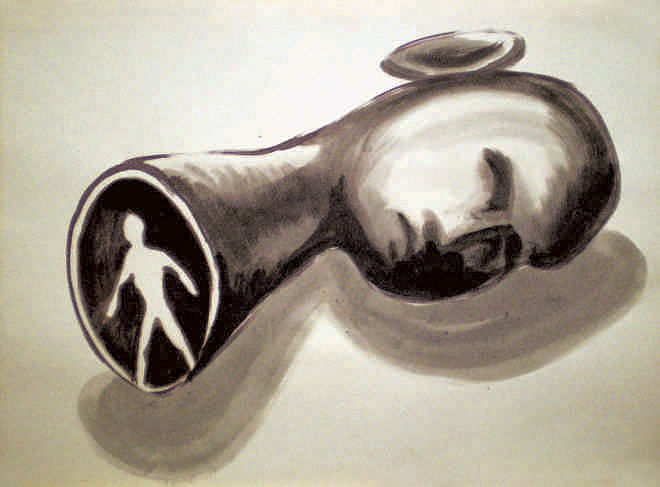
“Face the facts of being what you are, for that is what changes what you are.”
— Soren Kierkegaard
Danish philosopher, theologian
Socrates' ukase was “know thyself.” Easier said than done—a whole cloud of philosophy condensed into the drop of these two short words. How can you know yourself? And why should you know yourself?
Don't cringe at the sight of the word philosophy. You may think of it as an irrelevant “ivory-tower” exercise, useless to any except a small number of the thin upper stratum of intellectuals interested in logic-chopping for its own sake.
It's not. It's very much for you and I. And there couldn't be a time more relevant than now to have a dialogue on questions like these.
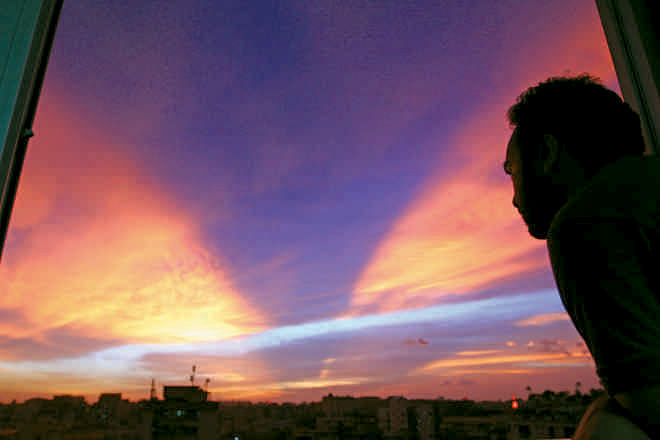
Dr Abdul Matin, Professor of Philosophy, Emeritus at University of Dhaka says, “I think with honest introspection we know the self. Honesty is fundamental because one may be too full of oneself or one may underestimate his/her abilities.” Dr Matin is a leading philosopher who conducted his post-doctoral research at Oxford.
How does 'introspection'—literally, 'looking within'— differ from other methods of knowledge? Well, unlike most or all other methods of knowledge, it gives you direct access to your own self. Most philosophers believe that self-knowledge is different from knowledge of the 'external' world, including the thoughts of others. But there is little agreement on how to gain self-knowledge from knowledge in other realms, which we grasp with 'perception'.
“Recent work in personality psychology suggests that abstract contemplation of aspects of one's moral character is not a promising path to self-knowledge of one's moral character,” US philosopher Dr Eric Schwitzgebel, says on email. “I recommend looking at other people's faces as an approach to self-knowledge of one's moral character. For example, the jerk is someone who tends to see himself surrounded by fools and non-entities. So if you generally see yourself surrounded by fools and non-entities, it's likely that you are a jerk.”
In his book “Perplexities of Consciousness,” Dr Eric contends that our minds, rather than being open-access, are largely hidden territory. Despite our faith in the powers of introspection, we know awfully little about what our conscious experience amounts to.
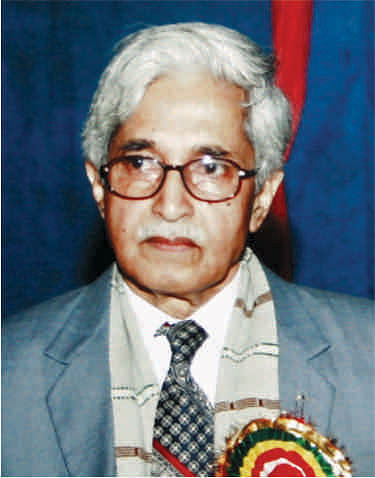
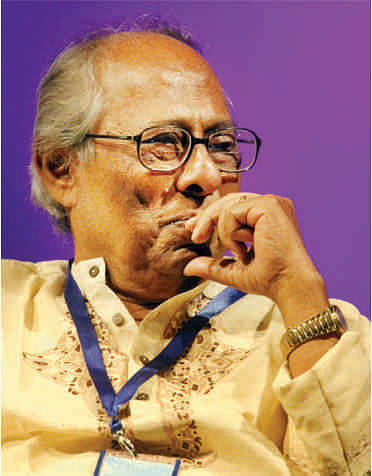
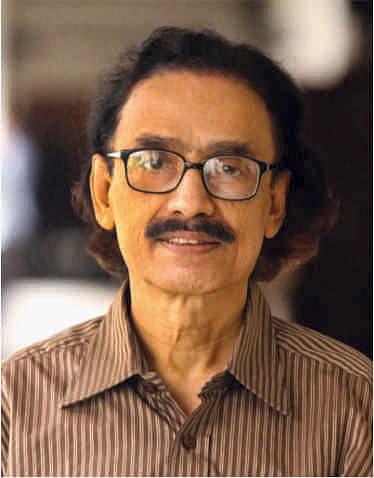
Palbasha Kabir trusts a friend's insights into her own mind, so she believes the friend when he tells her that she wants to go back to California where she lived and worked for the last six years. But the friend is mistaken—she really wants to live here in Dhaka, though she hasn't reflected on her desires enough to realise this. Her belief about her own desires is based on the testimony of her friend. Relying on testimony is, of course, a way of gaining knowledge about all sorts of things, including your own self.
Some philosophers think that when you are careful, alert and attentive about introspection—the mode of knowing unique to self-knowledge— chances are you will not form a false belief about your own mental states. “You may have doubts or uncertainties but no one can know you better than yourself,” Dr Matin says. His view is supported by English philosopher Gilbert Ryle, who in “The Concept of Mind” (1949), a founding document in the Philosophy of Mind, wrote, “Only I can take direct cognizance of the states and processes of my own mind.”
The aim of philosophy—Ludwig Wittgenstein once said—is to show the 'fly the way out of the bottle'. While it is unclear whether anyone — philosopher or fly — should be flattered by this comparison, his overall point is clear enough. You need liberation— liberation from the prison of traditional thinking to find understanding about some of the deepest questions in life, questions like: What is the nature of reality? What is self? How can you know yourself?
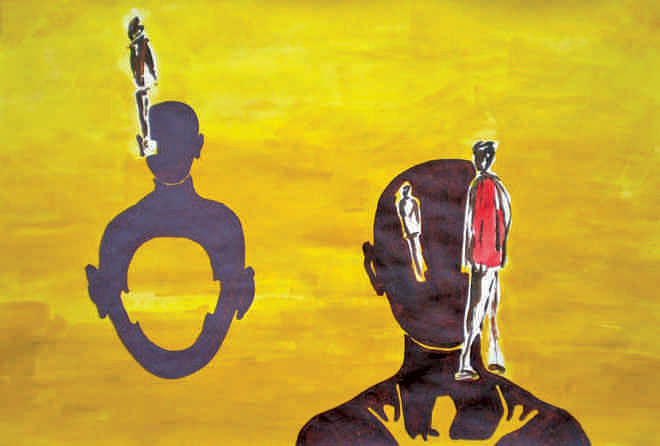
“Man has no essence. The starting point is existence. Since you exist, you have to take decisions,” says Hasan Azizul Huq, philosopher and noted writer. “Your mother is sick and she needs you to take care of her. Your country is attacked. Do you go to war? Or do you stay with your mother? At the end of the day, you have to face yourself. You want to live your life in the best possible way. You have to find out what is best for you. One of the ways to find that out is to search within. It is a quest that never ends. But the search is important. Knowledge is to know which way is better.”
Scottish philosopher David Hume denied the self. In “A Treatise of Human Nature,” ( 1738) Hume said, 'For my part, when I enter most intimately into what I call myself, I always stumble on some particular perception or other, of heat or cold, light or shade, love or hatred, pain or pleasure. I never can catch myself at any time without a perception, and never can observe anything but the perception.” Immanuel Kant concurred with Hume that we never directly apprehend the self, calling the fact “the systematic elusiveness of the 'I'.
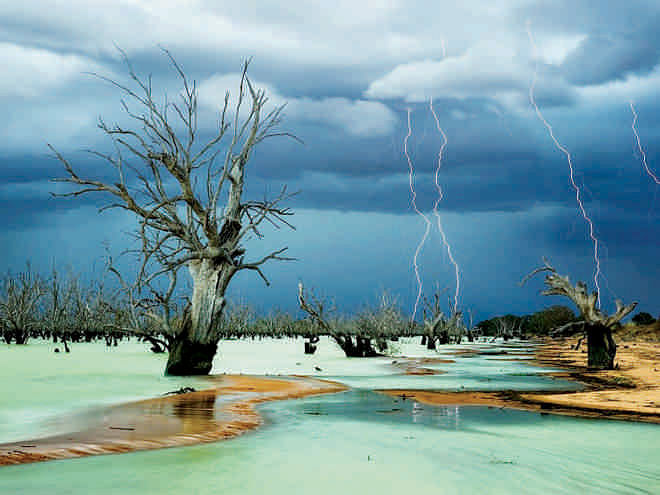
“Introspection is not provable by science or logic nor can it be explained by language. It is about one's own feeling and emotion,” says Dr Aminul Islam, Professor of Philosophy at University of Dhaka. “You cannot dismiss love with discursive intellect. Similarly, you cannot rule out self-knowledge. Introspection may be prone to error, but you cannot ignore it simply because there may be confusion and mistakes in it. Everything in science is not absolute. But can we live without science?” Dr Aminul Islam earned his PhD from St Andrews, Scotland, “emphasising the underlying unity of East and West, among men who have devoted their lives to the pursuit of truth.”
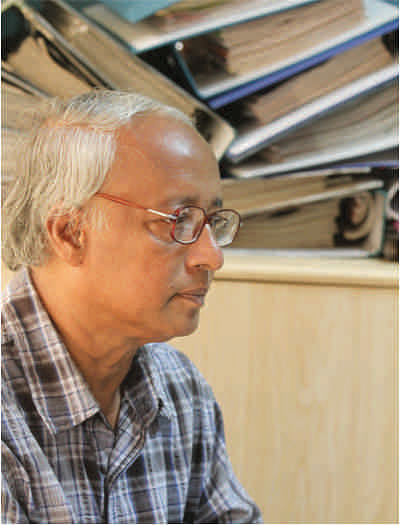
“Self-knowledge is the foundation of all knowledge All religions have put the highest emphasis on it. It is a tenet of the Baul tradition,” Dr Aminul says. “Self analysis and self-knowledge lead to self-realisation. If I know myself, I can understand the world better. I can have empathy for the Palestinians in Gaza. If we want to eradicate corruption and other problems from our society, we need self-knowledge.”
US sociologist Philip Rieff, in his classic 1959 book, “Freud: The Mind of the Moralist,” observed that Sigmund Freud, the seer of the psyche, despite all his sneering at philosophy, believed that morality is essential to civilisation.
The busy life you lead in the technologically driven world often produces a multitasking frenzy of activity that leaves you little time for such self-reflection.
“In the world of humanity, the answer does not lie in materialism of the West or the other-worldliness of the East. We have to bridge the two,” Dr Aminul Islam says. “Muhammad Iqbal, poet and philosopher, said, 'neither through lifeless renunciation nor through soulless materialism can reality be reached.' Humanity cannot be divided. We have to develop a combined code of knowledge that embraces perception, reasoning and intuition. Knowledge has to include all the segments of the human mind.”

You have to understand yourself in actuality—not in abstraction—not in ideology—but in everyday life, in relationship with others. What counts is what you do in your daily life—not what you think you can do or would do—how you treat your wife, husband, children, employee or a even a stranger.
So self-knowledge is not the knowledge of the self placed at some higher level; it is to understand yourself from moment to moment in your daily life. There is no ideal conduct. Conduct is what you are from moment to moment, how you behave with others from moment to moment. Dr Aminul says, “The world is in transition, you are in transition. The world is a world of relativity.”
You create the world from what you are. Do you see what's happening around you—garment workers being treated like slaves or ordinary citizens being betrayed by those who are supposed to protect them? That you cannot stop. What you can do is to alter your relationship with others by changing yourself. That change moves in wider and wider circles—like a ripple that keeps going out from a pond—and changes the world. And in order to change yourself you must first know yourself.
Without self-knowledge you cannot think right. Self-knowledge is the beginning of education.
To find out what is education, you have to inquire into the meaning of life, of living. What is the state of education? Learning to earn some money, acquire a trade, become an engineer, a doctor, learning how to butcher people, or how to sing a song. Education is learning how to think—not just training you in the technological, analytical and rhetorical skills that are necessary for success in business and other professions.
The education system manufactures students who may be smart and talented and driven, yes, but also anxious and lost, with little intellectual curiosity and a stunted sense of purpose: trapped in a bubble of 'efficiency' and 'success', heading meekly in the same direction, good at what they are doing but with no idea why they are doing it.
Stop. Try to contemplate things from a distance. And from that distance, start answering for yourself that venerable pair of questions: what is life and how should I live it?
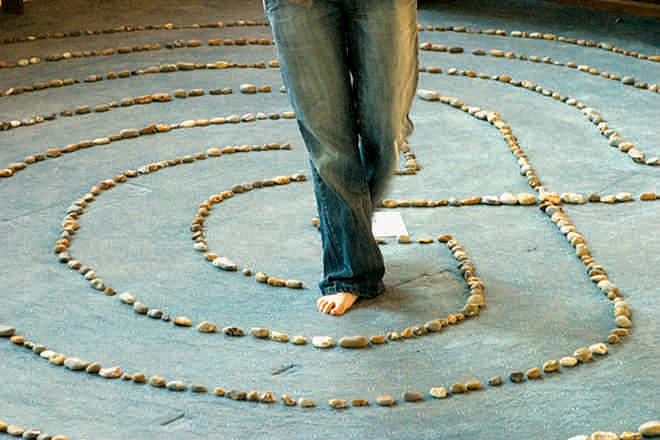
Therefore, right education must begin with the educator—the parent, the teacher. An inquiry into right education means an inquiry into life. There must be an understanding of existence, which means an understanding of your own self. What is the point of education if it fills your wallet but empties your mind?
“Knowledge is not always a virtue. Knowledge is power. Think of Hiroshima,” says Dr Galib Ahsan Khan, ex Professor of Philosophy at University of Dhaka “If you know yourself you can try to become a better human being. If you know your strength, your weakness, you can use it or overcome it. Education must promote ethics. One of the purposes behind the dictum 'Know Thyself' was Socrates' desire to improve social conditions and establish social justice.” Dr Galib undertook his PhD in the Philosophy of Science in McMaster University, a top research University in Canada.

There may be no absolute answers to the 'how' and the 'why' of Socrates' aphorism when the 'what' is in question. What is self? Who lives in your body? Who can explain this easily and briefly? Who can comprehend this even in thought so as to articulate the answer in words? Dr Abdul Matin says, “Even if we may not find definite answers, discussion of such questions is important. Philosophy grows in discussion. In our country such discussions are rare.”
Tagore, a deeply spiritual man, said, “Knowing myself will never be complete” and “There is no end to this. Who will have the final word?” And Bertrand Russell, the ever sceptic, once admitted that the final truth belongs to heaven.

 For all latest news, follow The Daily Star's Google News channel.
For all latest news, follow The Daily Star's Google News channel. 



Comments